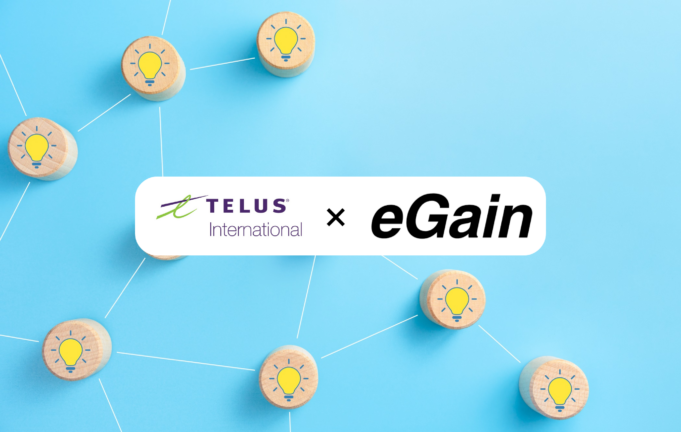As AI redefines industries and revolutionizes operational landscapes, its impact on the energy and utility sectors has become increasingly prominent. As many as 74% of companies in the energy and utility sectors have either implemented or are exploring AI integration into their operations, according to a survey by IBM.
"Energy & Utility CEOs have moved beyond experimentation with AI to focusing on where they can drive the most business value with AI. As they manage ongoing transformation efforts they can also capitalize on the great opportunities of generative AI and foundation models. In doing so they need to remember to focus on their own data, how it is gathered, accessed and used within their workflows along with the governance that should be baked into their tools and processes," said Casey Werth, Global Energy Industry General Manager IBM.
Among IT professionals surveyed, 33% are directing AI initiatives towards HR and talent acquisition, while 27% are prioritizing AI monitoring & governance within the energy & utility domain. These findings showcase a nuanced approach to AI implementation, emphasizing workforce management and operational oversight.

CEO perspectives
IBM's insights from the study align with its Institute for Business Value's 2023 research on 'CEO Decision-making in the Age of AI.' Energy & resources CEOs, comprising 63% of those surveyed, show a heightened expectation to realize value from generative AI and automation within the next three years. However, 61% express concerns regarding the data sources used in generative AI.
When evaluating the impact of transformative technologies, energy Industry CEOs prioritize generative AI as the technology expected to deliver the most value. To facilitate the industry's adoption of generative AI, IBM unveiled watsonx, its enterprise-ready AI and data platform, at Distributech 2024.
Use case illustration
IBM offers a practical example of how utility companies can leverage large language models to augment internal compliance processes. This involves automating and aligning compliance procedures to specific business needs. For instance, a utility company can use AI to create a centralized repository for obligation management, governing environmental, social, and governance (ESG) programs, track model performance, and provide visibility to stakeholders through dynamic dashboards.
Anand Subramaniam talks about the utmost importance for utility companies to improve customer service and overall customer experience (CX) by digitalizing services and unifying conversations and knowledge.









